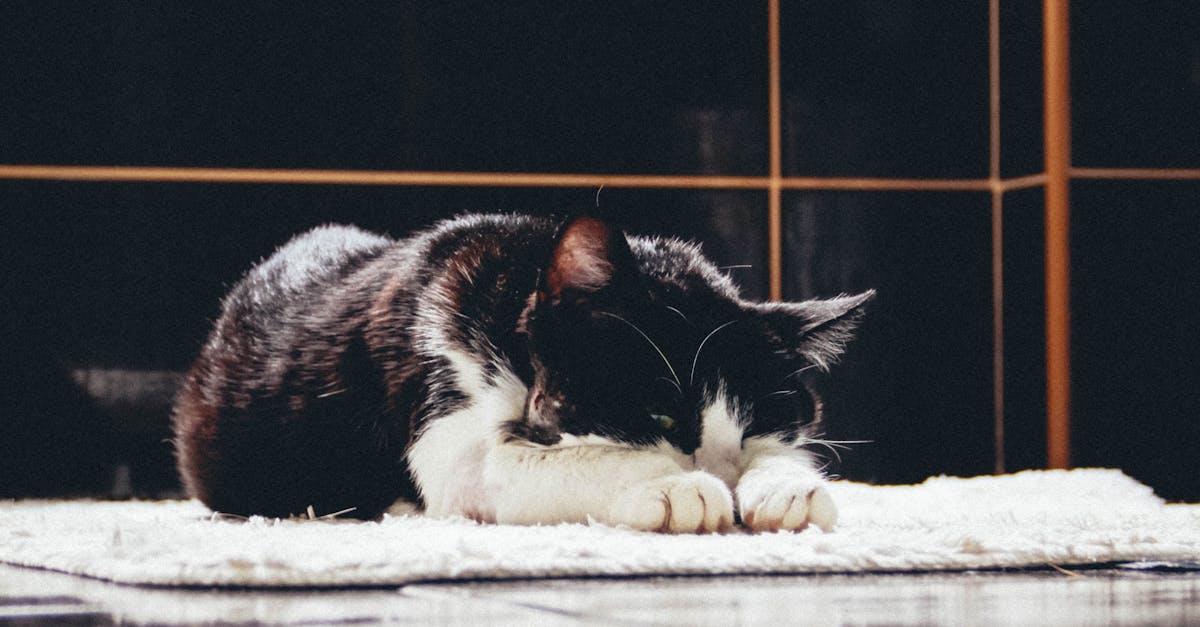Does your cat’s breath make you want to turn away when they come in for a cuddle? While it’s normal for cats to have a mild scent to their breath, persistent or particularly bad breath (halitosis) can indicate an underlying health issue. The good news is that bad breath is often treatable, especially if caught early. Let’s explore what might be causing your cat’s bad breath and how you can help them feel better.
⚠️ What to Watch For
Bad breath in cats is often more than just an unpleasant smell. It can be a sign of a range of health problems, some of which may require prompt attention. Here’s what to look for:
- Breath that smells unusually foul or sweet
- Difficulty eating or chewing
- Drooling or excessive saliva
- Red, swollen, or bleeding gums
- Visible tartar buildup on teeth
- Pawing at the mouth or face
If you notice any of these symptoms alongside bad breath, it’s a good idea to take a closer look at your cat’s overall health and consult your veterinarian if needed.
🔍 Possible Causes
There are several reasons why your cat may have bad breath, ranging from dental issues to underlying medical conditions. Here are the most common causes:
- Dental Disease: By far the most common cause of bad breath in cats, dental disease includes conditions like gingivitis, periodontitis, and tooth decay. Plaque and tartar buildup can lead to bacteria growth, causing foul odors.
- Oral Infections: Abscesses or infections in the mouth, often caused by broken teeth or injuries, can result in bad breath.
- Diet: Eating smelly foods, such as canned fish-based cat food, or scavenging inappropriate items can contribute to temporary bad breath.
- Kidney Disease: Cats with kidney issues often have a distinct ammonia-like odor to their breath.
- Diabetes: Sweet or fruity-smelling breath may indicate diabetes, especially if accompanied by increased thirst and urination.
- Liver Disease: A foul, almost rotten smell might suggest liver dysfunction, often alongside symptoms like vomiting or yellowing of the gums.
It’s important to identify the root cause of your cat’s bad breath to ensure the right treatment plan is put in place.
✅ What You Can Do at Home
While some causes of bad breath require veterinary intervention, there are steps you can take at home to improve your cat’s oral health and minimize odor:
- Brush Their Teeth: Regular brushing with cat-safe toothpaste can help remove plaque and prevent tartar buildup. Start slowly to help your cat adjust.
- Provide Dental Treats: Look for dental chews or treats approved by the Veterinary Oral Health Council (VOHC), which can help reduce plaque and freshen breath.
- Offer Dental Toys: Chew toys designed for cats can help clean teeth and massage gums while they play.
- Ensure a Healthy Diet: Feeding a high-quality, balanced diet can support your cat’s overall health, including their teeth and gums.
- Provide Fresh Water: Staying hydrated can help wash away food particles and bacteria from your cat’s mouth.
These steps can make a big difference in managing mild cases of bad breath and promoting long-term oral health.
💡 When to Call a Vet
If your cat’s bad breath persists despite your best efforts at home, or if it’s accompanied by other symptoms, it’s time to seek professional help. Call your vet if you notice:
- Severe or worsening bad breath
- Signs of pain, such as reluctance to eat or pawing at the mouth
- Bleeding, swelling, or visible sores in the mouth
- Sudden weight loss or changes in appetite
- Other concerning symptoms like vomiting, diarrhea, or lethargy
Your vet may perform an oral exam, dental cleaning, or additional diagnostics to determine the cause of your cat’s bad breath and recommend appropriate treatment.
FAQs
Q: Can bad breath in cats go away on its own?
A: While mild cases caused by temporary factors like diet may resolve on their own, persistent bad breath is often a sign of an underlying issue that requires attention.
Q: How often should I brush my cat’s teeth?
A: Ideally, you should brush your cat’s teeth daily or at least several times a week. Start slowly and use cat-specific toothpaste to make the process easier for both of you.
Q: Is bad breath in kittens normal?
A: Kittens may have mild bad breath during teething, but severe or persistent odor could indicate an issue that needs a vet’s evaluation.
Book a $49 online vet consultation at https://www.dialavet.com for fast, expert advice.























